
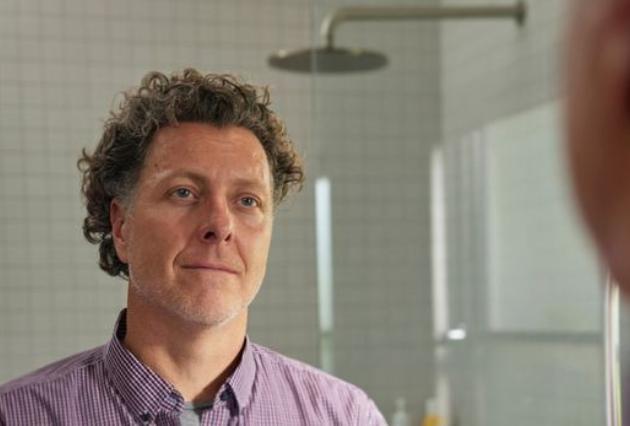
Kidney disease or kidney damage is treatable if detected early so make sure you ask your GP for a kidney health check.
“My high blood pressure and kidney disease go hand in hand.”
“I’m living with both conditions. I encourage everyone to check their kidneys. Early intervention means living your best life.”
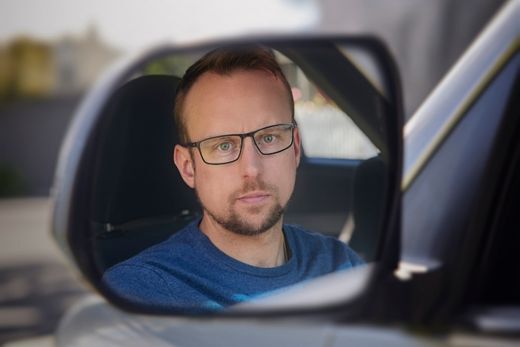
“I was diagnosed with chronic kidney disease at age 7 after a routine urine dipstick test at the GP identified high quantities of protein in my urine. At age 13 I was referred to an adult nephrologist and underwent my first kidney biopsy that provided a diagnosis. As a teenager I started a multi-drug treatment regime that focused on delaying kidney failure as long as possible. At age 28 I had a second kidney biopsy that confirmed progression of my disease. Throughout my journey, I have developed high blood pressure and high cholesterol due to my kidney disease and had an angiogram (a test to check for blockages in your blood vessels) following a suspected cardiovascular event. I have no memory of life without chronic kidney disease and for me it’s a “warriors' disease”.
It’s like that reoccurring dream where someone is chasing you in the forest and you never know when they will catch you. The chaser is chronic kidney disease.
After maintaining relatively ‘normal’ kidney function for 24 years after my diagnosis, the last two years has seen a very rapid decline in kidney function, approaching the need for dialysis. I am fortunate in that my condition was caught early and I could work with my nephrology team for a quarter of a century to prolong kidney failure for as long as possible. I encourage everyone to check their kidney health, pursue early intervention and live your best life.”
My family has an inherited kidney disease which effects approximately 1 in every 2 or 50% of us who have a parent with the condition known as Polycystic Kidney Disease (PKD).
PKD did not impact on my health until recent years. In my mid 20’s my PKD was confirmed by having a simple ultrasound of the kidneys. PKD has slowly decreased my kidney function and I am now 59, a mother of 2 and grandmother to 4 gorgeous healthy grandchildren. As I look well most people are usually very surprised to find that I have kidney disease.
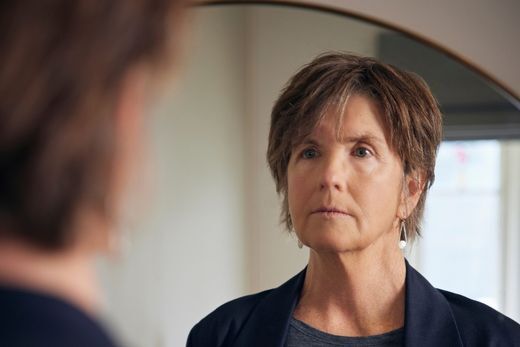
Knowing my family’s PKD history and witnessing my immediate and extended family living with and managing the condition has shown me the importance of maintaining regular contact with my healthcare providers. My first symptom was high blood pressure and I have been able to control this with medication for 16 years. The decline of my kidney’s function has been monitored yearly with a simple blood test. Now I am consulting with a specialist renal team to prepare for a pre-emptive kidney transplant or alternatively dialysis.
Undertaking the preparation for transplant takes a long time so my aim is to care for my remaining kidney health. I have found it confronting to deal with my current health situation and I have made major adjustments to my lifestyle to decrease my risk factors. Whilst appreciating the options I have I do not look forward to having to further adjust my lifestyle for dialysis. I have seen the power of a transplant for a family member and look forward to the opportunities this program may allow me.
To do this I am working with my healthcare providers and following the guidelines recommended by Kidney Health Australia like monitoring my fluid, diet and sodium (salt) intake, maintaining a healthy weight, regular exercise and sleep, keeping up to date with vaccinations and use of Covid safe practices. Living in a country where I have access to health information and services lead me to believe I am luckier than my ancestors.
"Take it seriously. My kidneys failed after living with diabetes for 24 years, and there's nothing worse."
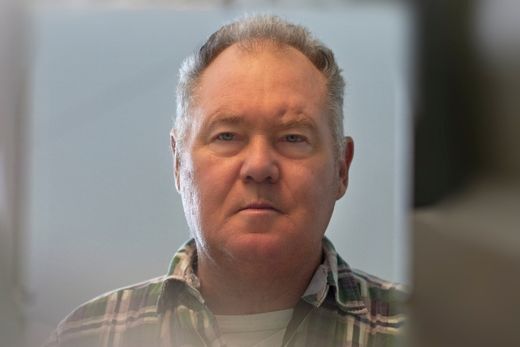
"I first experienced symptoms of diabetes in 1989. I was tired, lost 17kg in 3 weeks and was feeling itchy. A friend suggested I go to the doctors, which is when it was discovered I had high sugar levels.
24 years after my diabetes diagnosis I began to show signs of kidney disease, so I got a Kidney Health Check and was told my eGFR was 37%. This basically means I only had 37% function in my kidneys.
This eventually led to beginning dialysis at home before I was able to get a transplant in 2018. Everyone thinks a new kidney is a magic bullet, but it’s not. My new kidney failed and now I do 3 haemodialysis sessions a week for 5hrs each time.
My one message to anyone with diabetes is to watch your sugar levels and take it seriously. Kidney disease is something you can slow the progression of if you catch it early enough."
“It is so important for anyone with high blood pressure or even heart disease to get their kidneys checked.”
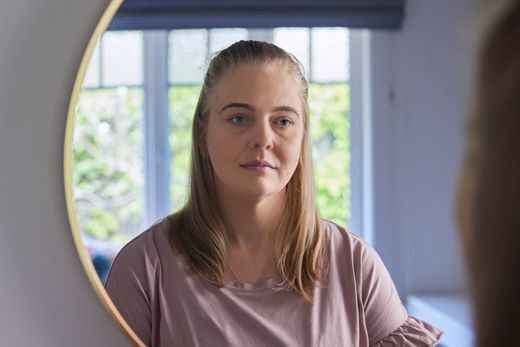
I was diagnosed when I was 21 with stage 2 chronic kidney disease (CKD). I have had issues with my kidneys my entire life with several surgeries leading me to only having half a functioning kidney. I am currently stage 4 chronic kidney disease at 30.
My kidney disease wasn’t caused by high blood pressure but I was put on medication for my blood pressure as soon as I was diagnosed. High blood pressure is really bad for your kidneys, it makes them work harder over time and can cause more loss of function. Although my blood pressure is now sorted with medication I need to continue on it as it helps stop my kidneys from working overtime and losing more function. The medication helps to turn down my kidney so it’s not overworked.
I know if I didn’t have existing issues I wouldn’t know how much blood pressure can affect your kidneys. So many people out there honestly don’t realise, I think it’s so important to get your kidneys checked. A lot of people with CKD don’t get symptoms until they’ve lost 90% function. Next time you’re at the doctors get your kidneys checked, it's well worth finding out how they are going.
Here’s something to help you start the conversation with your GP.
This handy letter for your GP from Kidney Health Australia’s clinical director, Professor Karen Dwyer will help explain to your GP why you would like your kidneys checked, what tests need to be done and how they can access additional support if required.
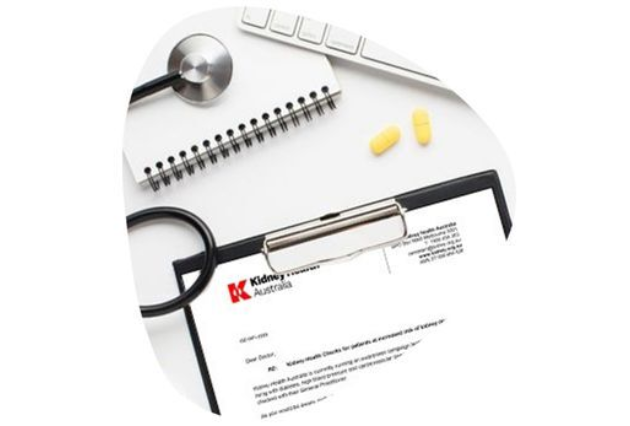
Download a referral letter now and take it with you to your next GP appointment.
A Kidney Health Check is very quick and simple.
1. A blood test to check how well your kidneys are working – your GP will order this test to check your eGFR which tells you how much kidney function you have left
2. A urine ACR test – this test will check for albuminuria, a type of protein in your urine. Damaged kidneys often leak protein into the urine
3. A blood pressure check – high blood pressure and kidney disease often occur together, so increasing blood pressure is often an early sign of kidney disease.
A kidney health check can be done as part of your regular GP visit. The tests ordered are covered by Medicare, however your doctor may charge you a gap for the doctor visit.
Don’t have a GP appointment coming soon? Make sure you book one in to get your kidneys checked. It's fast and easy.